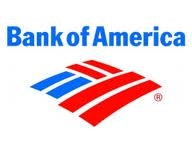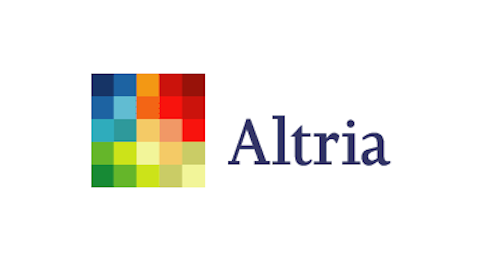Stashing money in our 401(k)s is the best way to save for retirement. Many savers already know this and contribute healthy chunks of their paychecks to their plans. In fact, average retirement plan balances recently hit new highs. But would those balances be even higher if the folks we entrust with the assets were given pink slips?
Trustworthy trustees?
Employers that sponsor 401(k) plans must appoint a trustee to hold plan assets. That trustee has a fiduciary responsibility to manage the 401(k) for the benefit of plan participants and must act within reasonable standards of “prudence” in selecting “suitable” investment options. But when a mutual fund company acts as trustee, conflicts of interest run rampant.

Study findings
A team of business school professors recently found that “poorly performing funds are less likely to be removed from and more likely to be added to a 401(k) menu if they are affiliated with the plan trustee.” In fact, these researchers found a huge disparity in the treatment of affiliated and non-affiliated funds: The worst-performing funds were 2.5 times more likely to be removed from the fund menu if they were unaffiliated with the trustee!
Put simply, trustees favor their own funds and are far more forgiving of poor performance, a likely reason subpar funds may still linger on your 401(k) menu.
The real 401(k) beneficiaries
Since 2006, several large companies like Lockheed Martin Corporation (NYSE:LMT) and The Boeing Company (NYSE:BA) have been targets of class action lawsuits related to 401(k) mismanagement and excessive plan fees. Many of these lawsuits were regarding improper disclosure of fee arrangements. Last year’s Department of Labor ruling helped make fees more transparent for 401(k) plan participants. But which specific mutual funds make the menu, which other funds don’t, and why is much murkier.
In addition to managing money, most of the large mutual fund companies also offer trustee services for retirement plans, including Vanguard, Fidelity, BlackRock, Inc. (NYSE:BLK), and Franklin Resources, Inc. (NYSE:BEN). But traditional mutual fund companies aren’t the only players in the retirement planning market faced with this conflict of interest.
After years of mortgage losses, low interest rates, and new fee regulations, banks are searching for fresh ways to make money. No strangers to conflicts of interest, too-big-to-fail banks are salivating over the too-big-to-pass-up multitrillion-dollar 401(k) market. Bank of America Corp (NYSE:BAC), JPMorgan Chase & Co. (NYSE:JPM), and Wells Fargo & Company (NYSE:WFC) have developed technology and ramped up staff to compete for a slice of this lucrative business. In fact, JPMorgan doubled its retirement plan services sales force in 2010, and Bank of America brought aboard execs from Fidelity. At the end of 2009, these three banks had a combined 10% share of the 401(k) market, compared to the 43% combined share for Fidelity, Vanguard, and Aon Hewitt. But big banks’ slice of the pie will undoubtedly grow.





